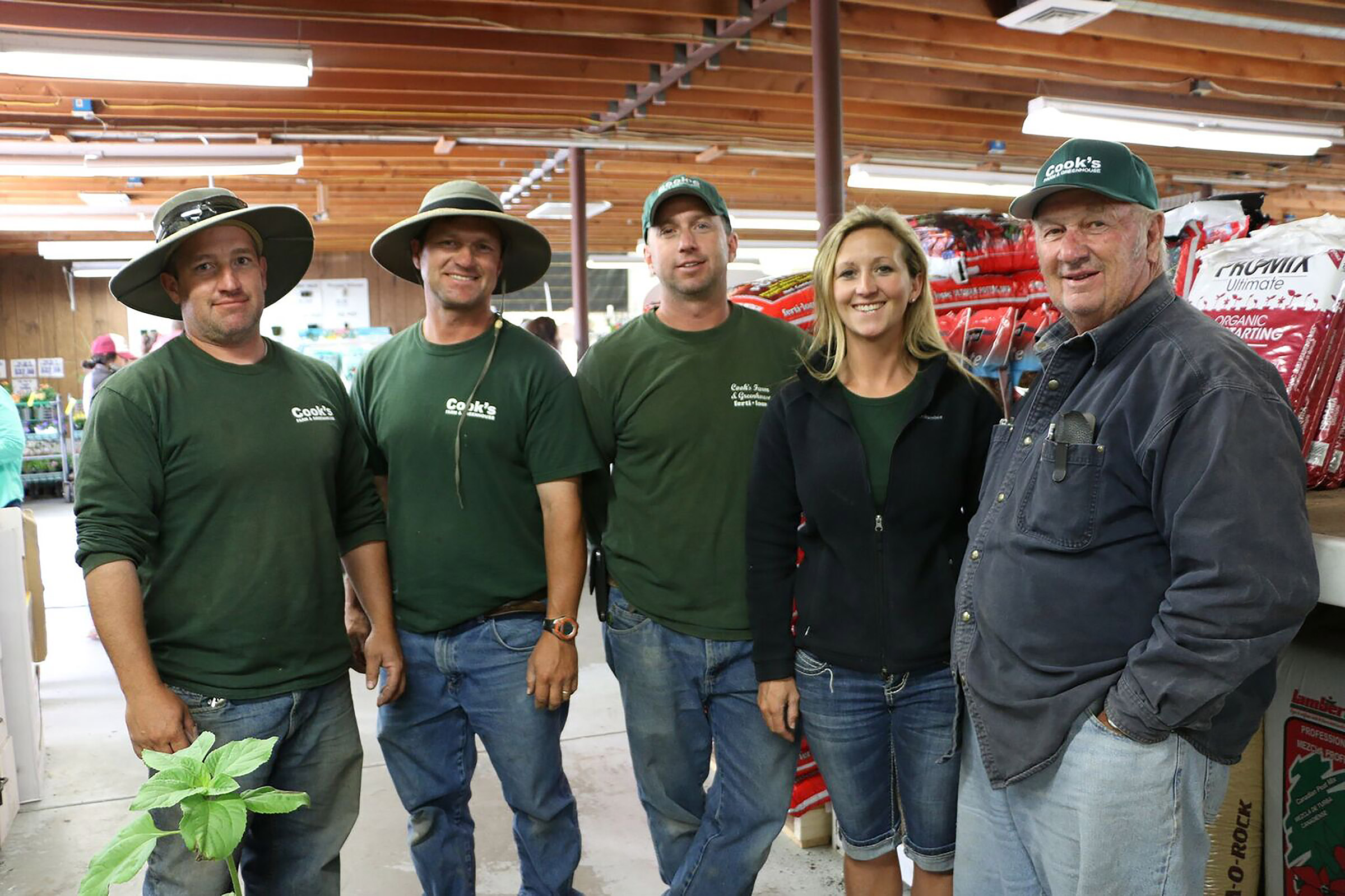This video shows the problems with Utah family farms in the eyes of the city, state and UDOT. This is the story of the Cook Family who have decided to hold their ground despite constant challenges by state leaders who make it clear they wish they were gone.
Now into their fourth generation on the same ground, the Cook Family Farm and Greenhouse in Vineyard is a rarity in family farming. Six years ago, Verl Cook was faced with some tough choices. The city wanted to treat Cook’s greenhouse business like any other big-box store, requiring him to spend $200,000 for a paved parking lot.
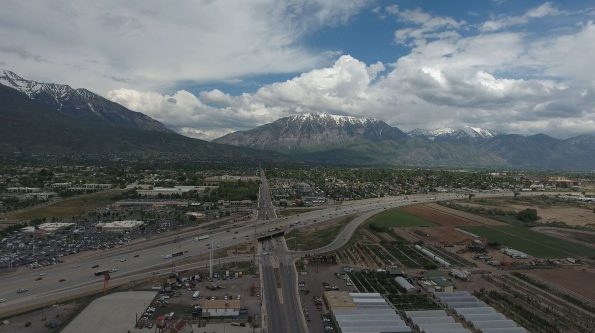
At the same time, UDOT, via eminent domain, was planning to take a bite out of the Cook farm to widen the I-15 freeway corridor and build an off-ramp. To further complicate matters, the city needed to run a new sewer line through Cook’s farm to service the huge developments under construction on Geneva Road. But Cook, his wife, Londa, and their eight children decided to stand their ground rather than sell.
Business is good at the Cook Greenhouse, but still, Cook says, “They make it clear they would like us gone.” Verl’s son, Tony, added, “Orem City recently did a study for ‘best use’ of this property and they determined that we are a detriment to the area and we shouldn’t be here.”
The only reason why the Cook Farm can survive at all is due to the reduced amount of property taxes they to pay thanks to Utah’s Green Belt statute, formally known as the Farmland Assessment Act. But state legislators, many of them developers, want to kill the Act, which would force the Cook’s to sell.
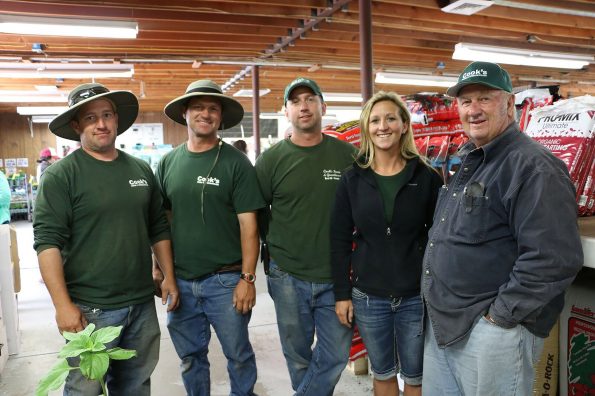
Tony Cook doesn’t believe the city factors in the value of his green space, the significant amount of produce the farm grows, and the general good they provide to the local community, including part of its food supply. Instead, Orem City and the State of Utah only valuate the property in economic terms when considering “Highest and Best Use,” or in other words, more revenue.
A study conducted by Envision Utah found that nearly eighty percent of residents want to preserve agricultural lands in Utah and increase the availability of local food sources. Utah only supplies three percent of its fruit and vegetable needs, and residents are in favor of increasing this amount, or of at least maintaining current levels without the continuing loss of agriculture to the encroachment of a big-box and strip mall invasion. And while many residents consider themselves “preppers,” ready for any catastrophe, most urban Utahns would be faced with a massive shortage of fresh fruits and vegetables in the event of even a minor disruption in the food supply chain.
The Sacco’s family has operated a local produce store in Ogden, working with the same local farmers for the past 80 years. According to Carlo Sacco, “Everything is going downhill right now. It’s getting harder to find produce and prices are getting higher. The tree products are the hardest to supply; the cherries, peaches, apricots. Apples are pretty much gone now. People, every year, they ask for McIntosh, Winesap, Black Twig apples. Those are all old-school apples you can’t even get any more.”
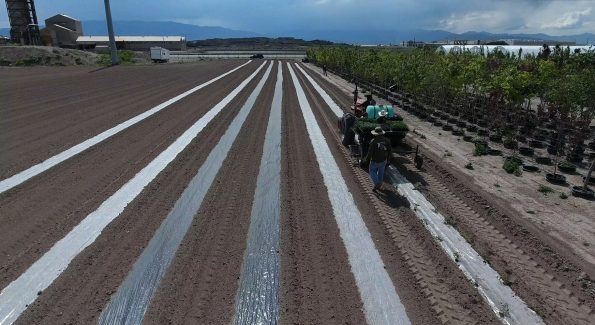
Tony Cook says, “We don’t want to go anywhere.” Two of the Cook’s customers, Ted and Kim, agree, “We love coming here because we know where our money is going, and we would rather patronize people we know. There are enough Wal-Marts in this area.”
If it seems like there’s a massive disconnect between what residents want and the economic tax benefits to the city and state, there is. My question for Cook is, “Why is there such a divide between what residents want and what the City and State are doing to this area?” For the farmers who don’t want to sell, is the pressure too great?
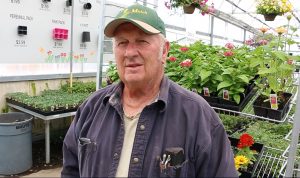
“That is a question I really wish I had an answer for,” says Cook. “The State Engineer is currently pulling water shares away from farmers and allocating it for other uses, while the greatest soil in Utah County is sitting under residential and commercial developments,” he explains. In other words, watering crops is no longer considered a beneficial use of water according to the State of Utah.
Just down Geneva Road from the Cook farm is the shuttered Holdaway farm and greenhouse. Grant Holdaway was already forced to hand over his land to the city of Orem through eminent domain. He lives across the street from his former business and still holds ownership. Meanwhile, his children, like most of their generation, have decided to pursue careers other than farming.

